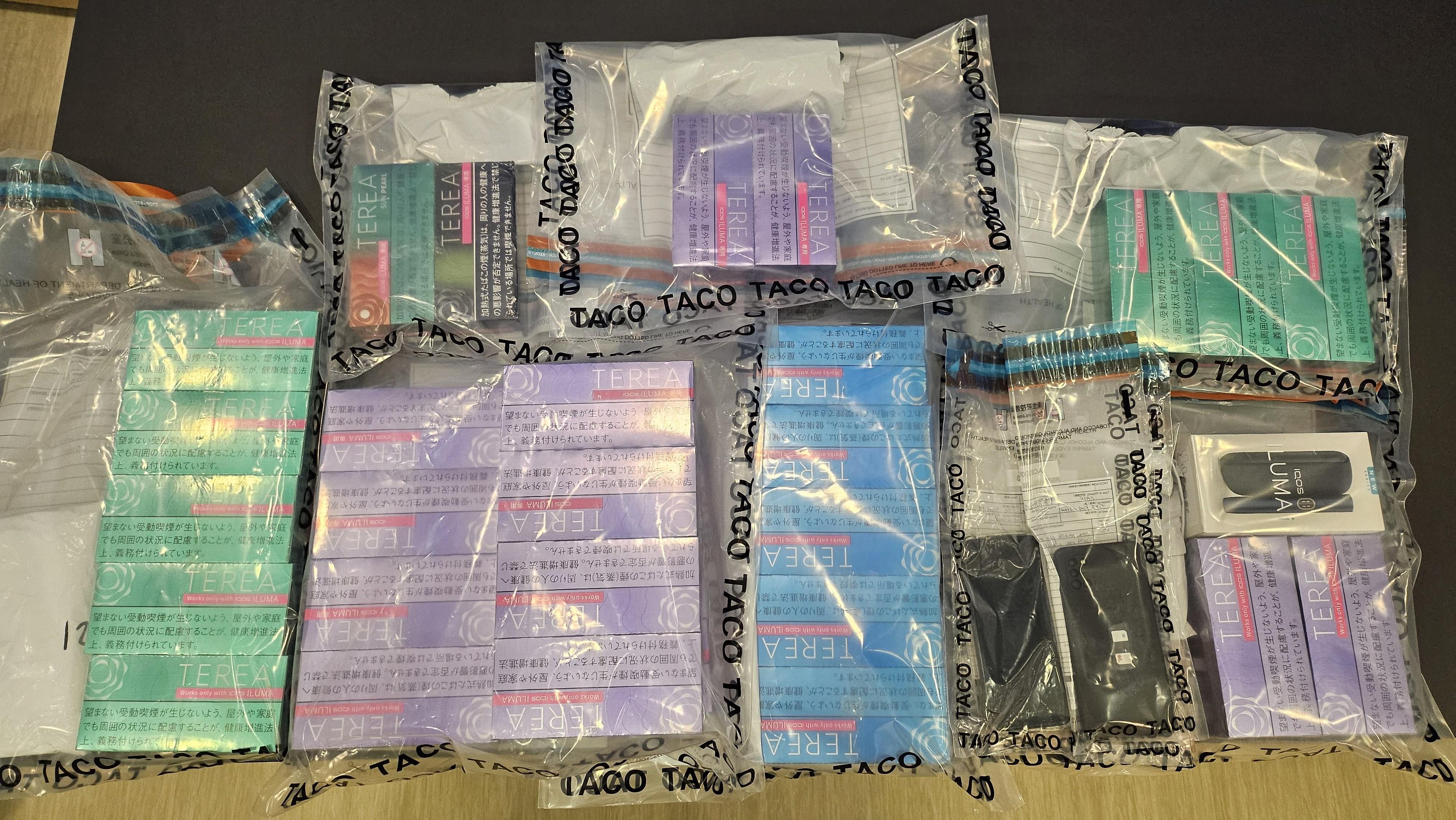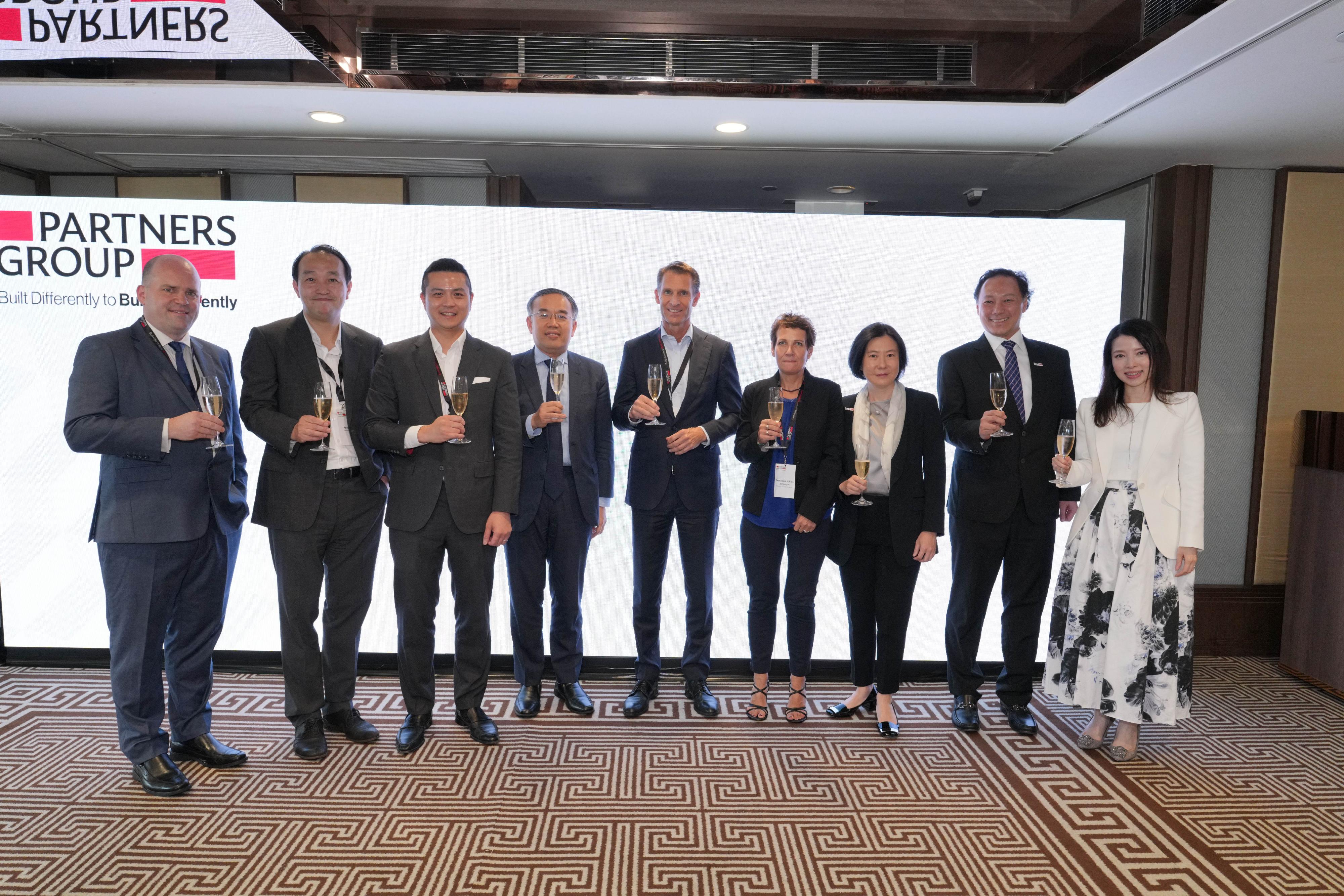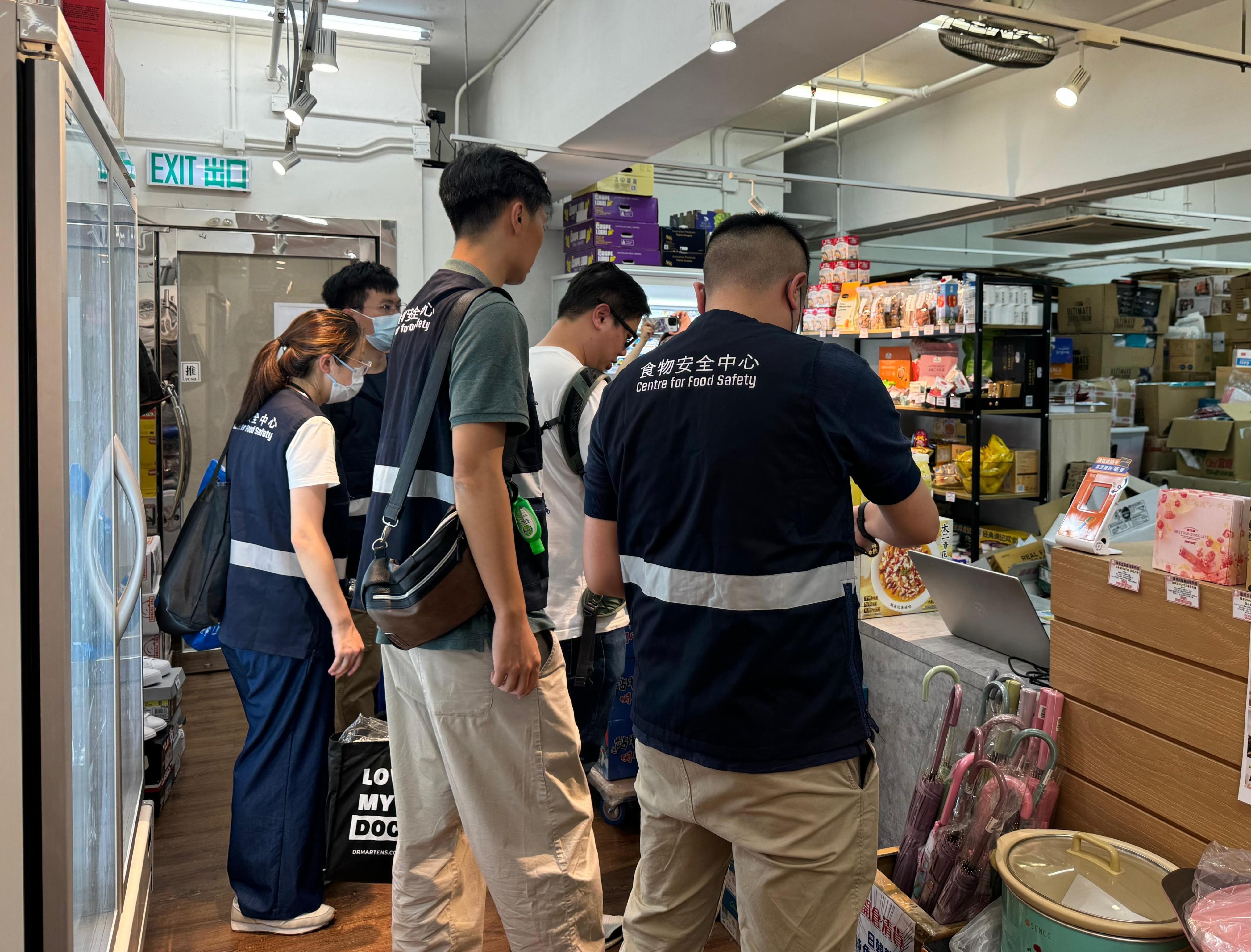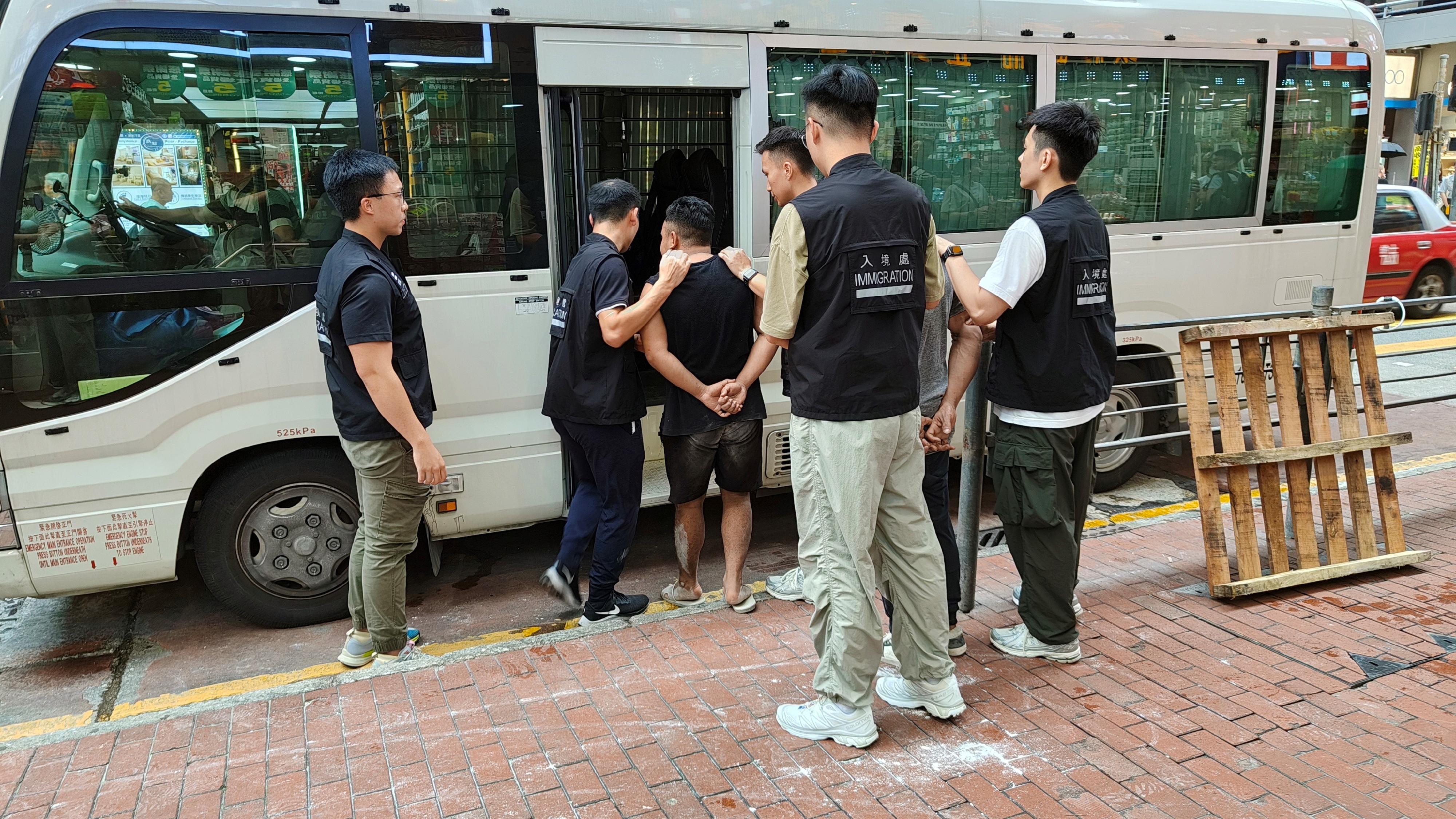Following is the speech by the Secretary for Financial Services and the Treasury, Mr Christopher Hui, at the Partners Group Hong Kong Office Grand Opening Event today (June 21):
Chairman Meister (Executive Chairman of Partners Group, Mr Steffen Meister), Mrs Zilweger (Deputy Consul-General of Switzerland in Hong Kong, Mrs Francoise Madeleine Killias Zillweger), Mr Jaeggi (Co-President of Swiss Chamber of Commerce in Hong Kong, Mr Benno Jaeggi), Dr Lu (Partners Group's Chairman of Asia, Dr Kevin Lu) , Mr Chui (Head of Private Wealth Asia Pacific and Office Head of Partners Group Hong Kong, Mr Henry Chui), distinguished guests, ladies and gentlemen. Good evening.
It is my distinct pleasure to be here tonight at this cocktail ceremony. I feel deeply honoured to join you all in celebrating Partners Group’s exciting new expansion in Hong Kong. As one of the leading global firms in the private markets industry, Partners Group is a listed company on the SIX Swiss Exchange, managing nearly US$150 billion across 21 global offices with 1 900 dedicated employees.
I am delighted that Partners Group has chosen Hong Kong as the destination for its expansion, further strengthening our strategic position in the Asian market. Your presence here will enrich Hong Kong's offerings for global investors, as you bring with your new presence expertise and experience in managing private equity, private credit, infrastructure, real estate, and royalties.
Indeed, this is an opportune moment for asset and wealth management businesses to establish themselves or expand in Hong Kong. We have emerged as the primary investment hub for global wealth and asset owners. Our competitive advantages include abundant investment opportunities, an unparalleled financial and professional services sector, and unwavering support from the Government. As of the end of 2022, our assets under management reached an impressive US$4 trillion, with 64 per cent of funds originating from non-Hong Kong investors. Additionally, Hong Kong now stands as the second-largest cross-border wealth management centre globally, and we are poised to become the largest booking centre by 2027 for wealth management business, according to industry research.
Across the globe, investors are diversifying and seeking better returns by allocating capital to alternative asset classes such as private equity, hedge funds, real estate, private credit, commodities, infrastructure, and virtual assets. In Hong Kong, alternative investments have experienced remarkable growth, with the city managing the lion's share of alternative assets within the Asia Pacific region. Over half of the major hedge funds in Asia call Hong Kong home. We boast approximately 650 private equity and venture capital firms, with nearly 60 per cent serving as regional headquarters. Collectively, they oversee assets worth US$228 billion, second only to Mainland China. Notably, almost 90 per cent of high-net-worth investors in Hong Kong intend to increase their allocations to alternative assets, signalling immense potential for our market.
The Hong Kong Government remains committed to creating an enabling environment for asset and wealth managers. In the past years, we introduced various measures to enhance our holistic offerings for global wealth owners. Tax and financial incentives for funds and single-family offices, the diversified open-ended fund company and limited partnership fund regimes—and a complementing re-domiciliation mechanism for funds—all underscore our strategic commitment to support the industry's development. Furthermore, the New Capital Investment Entrant Scheme, launched in March 2024, aims to inject more capital into Hong Kong's market and empower investors to seize opportunities and pursue development in Hong Kong.
Hong Kong abounds with quality investment projects. Our recent focus on innovation and technology has led us to prioritise four key sectors: artificial intelligence and data analytics, life and health technology, fintech and advanced manufacturing, and new energy and materials. The Office for Attracting Strategic Enterprises actively attracts outstanding companies from these sectors to settle in Hong Kong, while our Science Park and Cyberport serve as nurturing grounds for technology startups.
For those seeking to invest in the next wave of unicorns, Hong Kong is the place to be. Whether you're considering IPOs (initial public offerings) or exploring investment opportunities, our stock market offers an ideal avenue. Thanks to a series of listing reforms, our platform has become even more competitive, facilitating the listing of new economy companies, pre-revenue biotechnology firms, and specialist technology enterprises.
I've only scratched the surface of the initiatives we're diligently working on. These policies and plans underscore our commitment to continuously enhance Hong Kong's ecosystem as a thriving international financial centre.
Partners Group's expansion stands as a testament to Hong Kong's pivotal role in the global financial world. Your dedication, along with that of other wealth managers, will significantly shape the evolution of private markets into a mainstream asset class.
Once again, my heartfelt congratulations to Partners Group, and a warm welcome to you as you join our vibrant asset and wealth management ecosystem. May this evening be enjoyable, and may your success continue to flourish in the years ahead.



